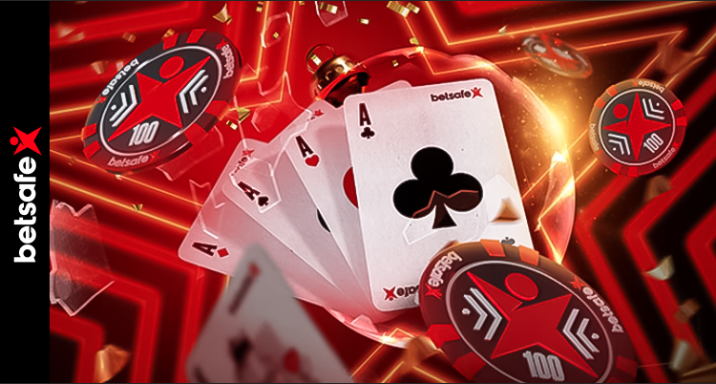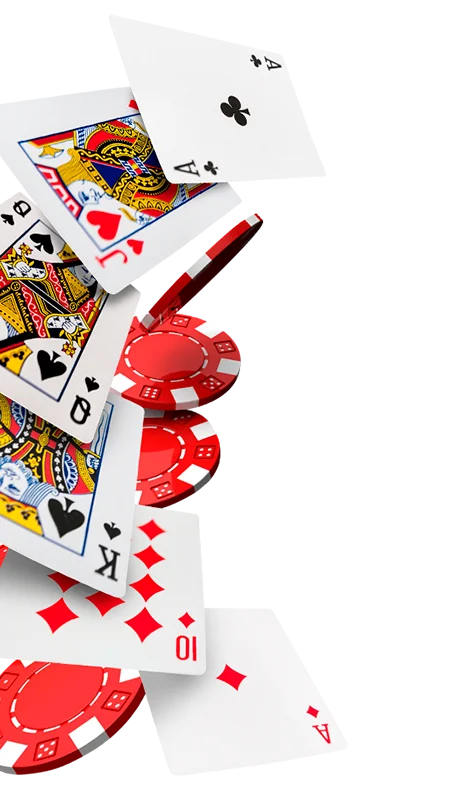
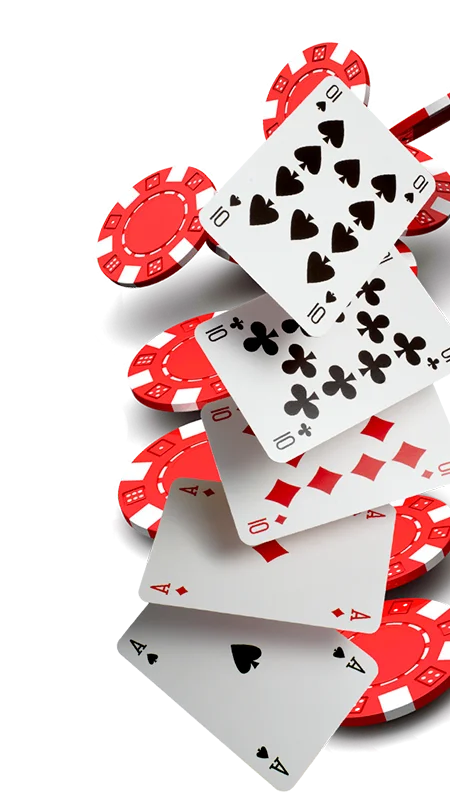
Angle shooting: can it be done in online poker?
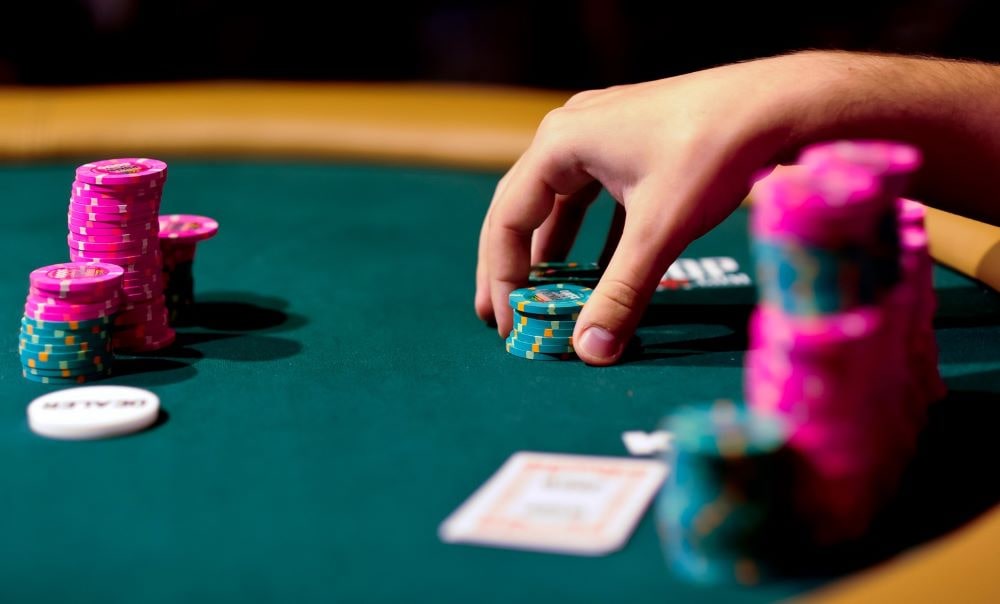
Angle shooting is one of the least discussed
concepts in the poker world. Related to the set of unwritten rules that every
good player tries to respect on the green carpet, angle shooting is an example
of what, morally, should not be done. Basically, angle shooting occurs when
a player performs an action to benefit himself, either by cheating other
players or by breaking a rule of the game.
If you are taking your first steps in the poker
world, it is very likely that you are not familiar with this term nor are you
familiar with the actions that are considered angle shooting and that you can
find in both online and offline poker.
If, on the other hand, you are a player with many tables, it is possible that you have witnessed or suffered this type of action by players with little commitment to poker etiquette or, in other words, to that set of rules that serve to ensure education and fair play during a poker game.
Angle shooting: trap or
strategy?
Although some consider that technically it is
not cheating, and most consider it a way of acting in very bad taste, many of
the actions that are understood as "angle shooting" are illegal
according to the rules of poker.
It could be said that angle shooting occurs
when a player performs an action maliciously to gain an advantage over
the opponent. Ambiguity plays a very important role in this type of
"tactic". Common examples of angle shooting include:
- Imagine it's your turn in a poker game. You
are not sure what to do, you just know that you need to buy time and see how
your opponents react to decide. You make a slight move that gives the
dealer to understand that you check, but, later, you explain that you have not
made such an action. This would be an example of angle shooting.
Another type of move that leads to deception at
a poker table is to move your cards to the front of the table, which
makes the other players think that you have folded. If you then say no, you are
breaking the ethical rules of poker games.
Angle shooting is considered a total lack of
respect for the other players. There are times when it is not punished, but
there are times when it is expressly communicated to the players that it is
forbidden. Unfortunately, some players use angle shooting as a strategy to
get information about their opponents' moves.
However, these tricks do not always work.
For example, there is a form of angle shooting that is always penalized, the
String Bet, which consists of throwing the chips to bet fractionally. In this
sense, the rules are clear: only the first chip that crosses the betting line,
or the first one that touches the mat if they are dribbled, is considered a
valid bet.
Let's see it with an example: let's suppose
that a player takes 5 chips out of 10, grouped together, and when he advances
his hand, he drops one and then the others in separate spaces. In this case, only
the first chip is considered a valid bet, as a first bet.
If the player has pushed the chips on the table
in a line and they are in a row, only the first chip or chips that cross the
betting line are considered valid. It is precisely for these cases that this
line was created.
Another String Bet modality that has been used
a lot in movies and television is the Call followed by a raise. In poker it
is not really allowed to do this, since the first call announcement is
considered valid and the subsequent raise is canceled.
There are many other forms of "angle
shooting", such as those used by some players who play a game of
misdirection when it is their turn to speak during the betting round. Instead
of expressing clearly what their move is, they say it covertly, preventing
it from being understood. The reason? A lot of information can be gleaned
from the opponents' hand by observing how they react.
Again, a malicious action that is not considered
to be typical of a good poker player. To stop this type of behavior,
some casinos require you to be clear when betting, even to express yourself in
the local language when you have to speak in the bets.
Unfortunately, there are many other more subtle
techniques related to angle shooting that also mislead the rest of your
opponents. One of them is, for example, to hide chips of a high value between
small chips, so that the players do not know very well what is the real
value of your chances in a bet. This is known as a "false bomb",
which consists of simulating a bet by grabbing chips and moving them forward to
see the opponent's reaction.
You can also simulate a fold by advancing your
cards on your turn. The "false click", which is when someone
makes a mistake with the amount they are betting - it is a term coined in the
online rooms, from the "click" of the mouse, but has been transferred
to the tables - but in the perspective of "angle shooting" is used by
some players with high cards (AA, KK), to simulate an opening or an erroneous
raise (for example, if the POT is 50, they raise to 500), which will possibly
be followed by other players who will remain at the table, not thinking that
the cards of that player are a real problem, not knowing that they have been
led into a trap - and, even, to lie with your cards and call a hand you don't
have, betting accordingly.
And the most extreme modality, betting
by saying that you have not looked at your cards, when you have actually looked
at them.
At this point, you are probably wondering if it is possible to angle shoot in online poker. If so, you've noticed that all the examples we've just given about this malicious behavior are related to offline poker, but what about online poker? Could you suffer from angle shooting? Find out below.
Is there angle shooting in online poker?
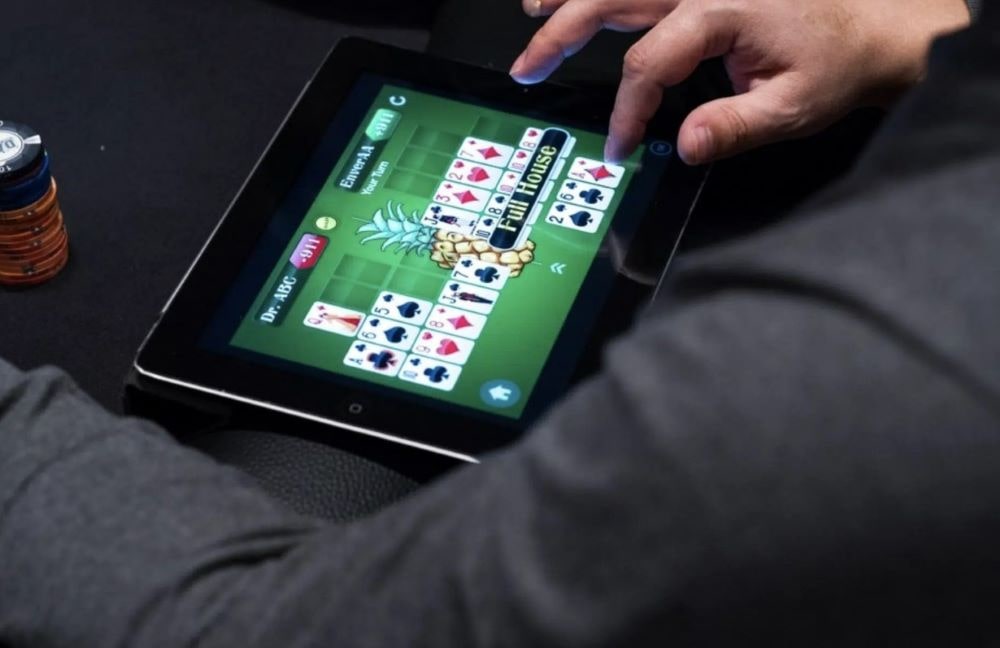
Luckily for regular online poker players, the
online mode significantly reduces the chances of angle shooting.
Is it impossible? No, nothing is impossible.
Just think that even in online poker, they can perform tells readings,
that is, the gestures of the players that can show how strong their hand is.
The time it takes to make a bet, an instant raise or a very slow check are
examples of virtual tells that should be interpreted.
The same is true for angle shooting. The possibilities are reduced to a minimum, but there are a number of moves that incur in this unfair way of playing poker. For example:
Leaving a table and
returning
If you are a regular online poker player, this type of angle shooting is very common. It occurs when a player, after a win, leaves the table in order to protect his winnings and then re-enters the same table.
Abusing the disconnection
protection
Some online poker rooms offer users Disconnect
Protection, an option whereby if a player disconnects for any reason, they
are considered to remain at the table with an all-in. This option keeps you in
the game with a chance to win if you have the best hand. Disconnection
Protection can be used every one or two hours.
There are players who use this feature when they doubt whether or not they have the best hand and, therefore, do not want to invest more money in the pot.
Abusing the time bank
The time bank is an extra time given to the
players in the online mode to make their decisions, whether it is to
fold, bet, call, raise or go all-in.
The vast majority of players use the time they
need to decide, without prolonging the decision out of respect for the rest of
the players and so as not to break the flow of the game. However, there are
others who slow down the pace of the game considerably on purpose and do so for
several reasons. One of them is to annoy the opponents.
Sharing a table with a player who engages in this type of tactic
can be exhausting and very frustrating. In case you are not playing several
tables, don't despair, do other things while a bad player who practices angle
shooting tries to demoralize you. This way, you will avoid being overly affected.
But, as everything in poker, this can have
another reading: the kind of player who does these things, does them all the
time and, therefore, can be "read" at the table, becoming
"tells" in the pattern of play and betting of these players.
What's more, even in live poker these players
replicate these time-out patterns, which say more about their game than any
tic, so that one ends up noticing this type of trickery that is part of their
game and that, as you will see when you cross them at the table, they will
repeat with almost all probability. And this can be used against them. All
is not always fair in the game, especially not in poker.
You may also like

Grup Peralada Strengthens Its Leadership in Responsible Gaming and Sustainability with “Matiz Perelada”
Grup Peralada Strengthens Its Leadership in Responsible Gaming and Sustainability with “Matiz Perelada”On May 21st, the “Matiz Perelada” event brought together leaders from public institutions, hea...

THE BEST BOWER BEST KNOWN AS THE JOLLY JOKER
THE JOLLY JOKER or the wildcard The Joker, originally called "The Best Bower" and "The Jolly Joker" is a poker card created by the American player Euchare, who introduced it during the modificati...

Gambling in Argentina: Companies Bid for Casino Operation Licenses
Gambling in Córdoba: Companies Bid for Casino Operation LicensesThe province of Córdoba (Argentina) has launched a bidding process to award the operation of its casinos and gaming halls. This move...





